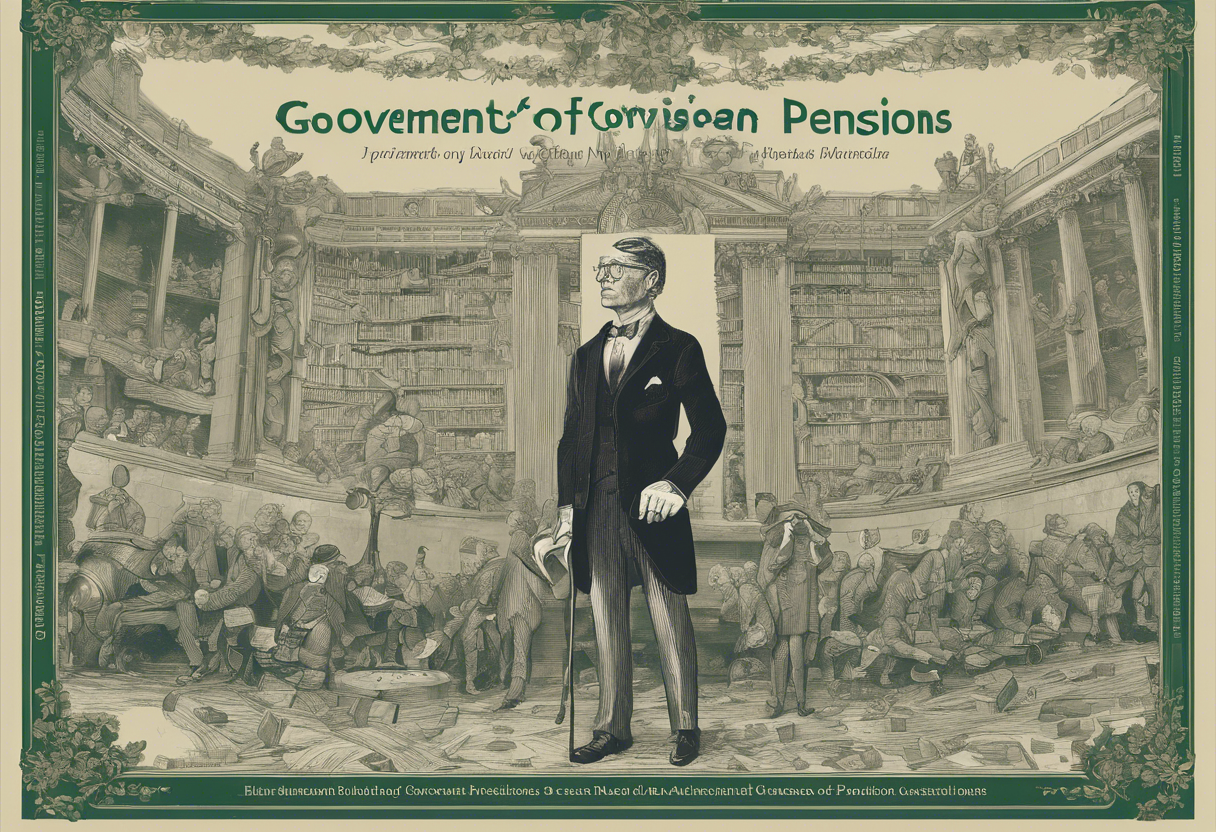Ireland’s population is rapidly aging and this has significant implications for the country’s pensions system. In order to address this challenge, governments have implemented various policies and reforms aimed at ensuring the sustainability of the pension system. However, these policies have also had a considerable impact on Irish pensioners and their retirement plans.
One of the main policies that has affected Irish pensions is the increase in the retirement age. As life expectancy continues to rise, the government has raised the retirement age from 65 to 67 and is considering further increases in the future. This has forced many Irish workers to stay in the workforce longer and has reduced the number of years they are able to receive a pension. Additionally, the government has made changes to the eligibility criteria for pensions such as means-testing and reducing the amount of state support for those with higher incomes. These changes have had a significant impact on the level of retirement income for many Irish pensioners.
Moreover, there have been changes in the way pensions are taxed in Ireland. The introduction of the Universal Social Charge in 2011 resulted in higher taxes for pensioners, especially those with higher incomes. This reduction in disposable income has made it more difficult for pensioners to cover their living expenses in retirement. Additionally, the government’s decision to decrease the tax relief on pension contributions has made it less appealing for individuals to save for retirement through private pension schemes
